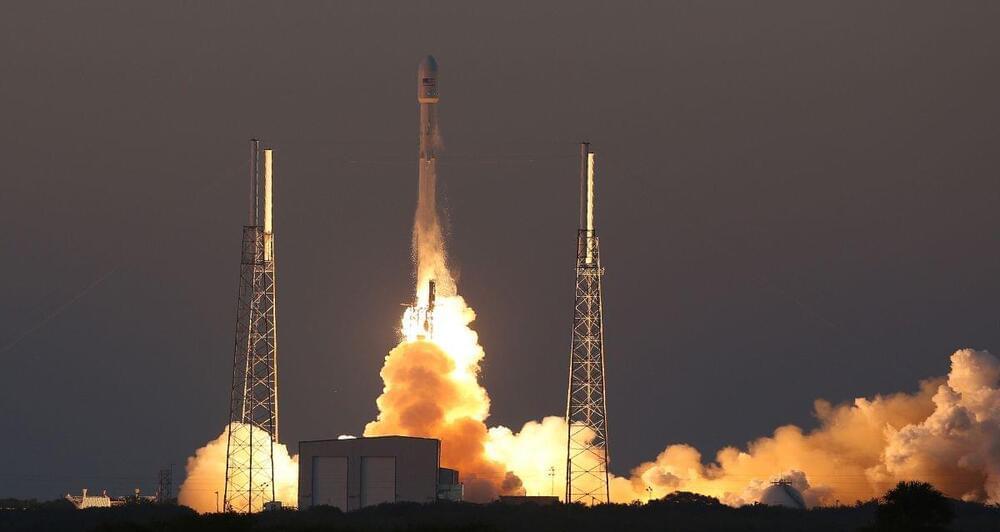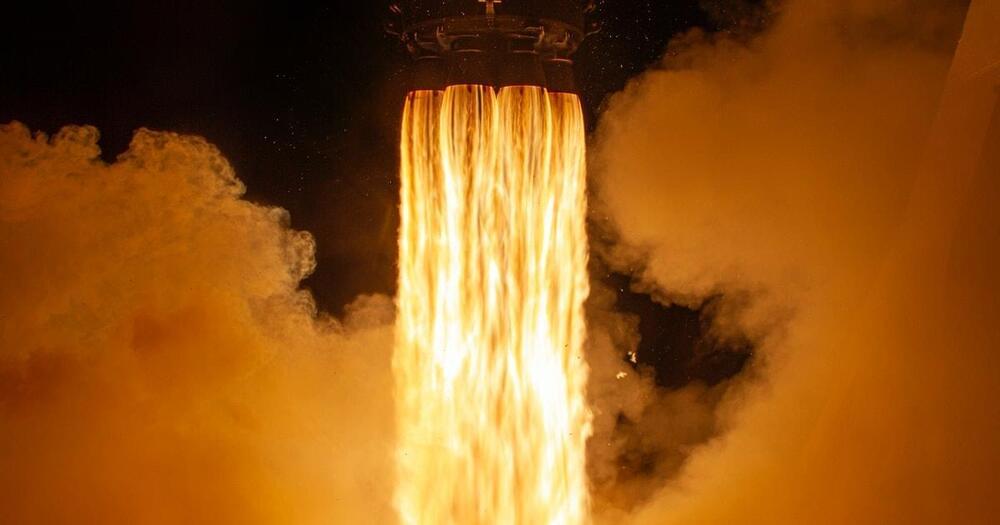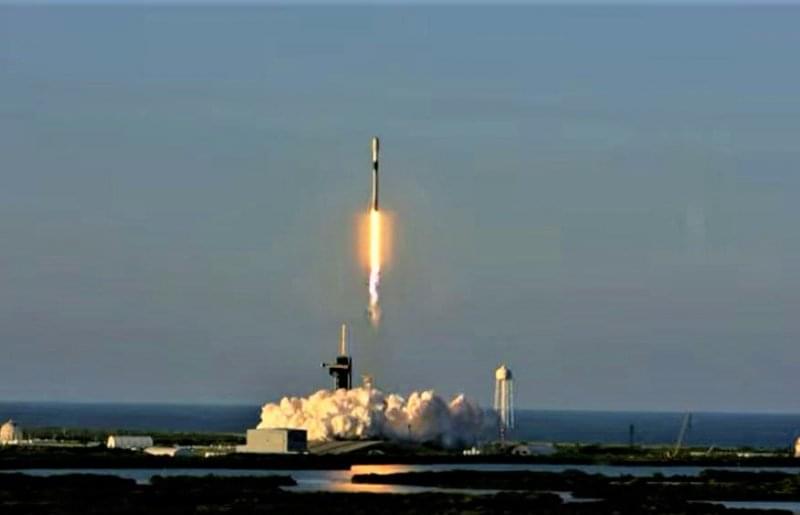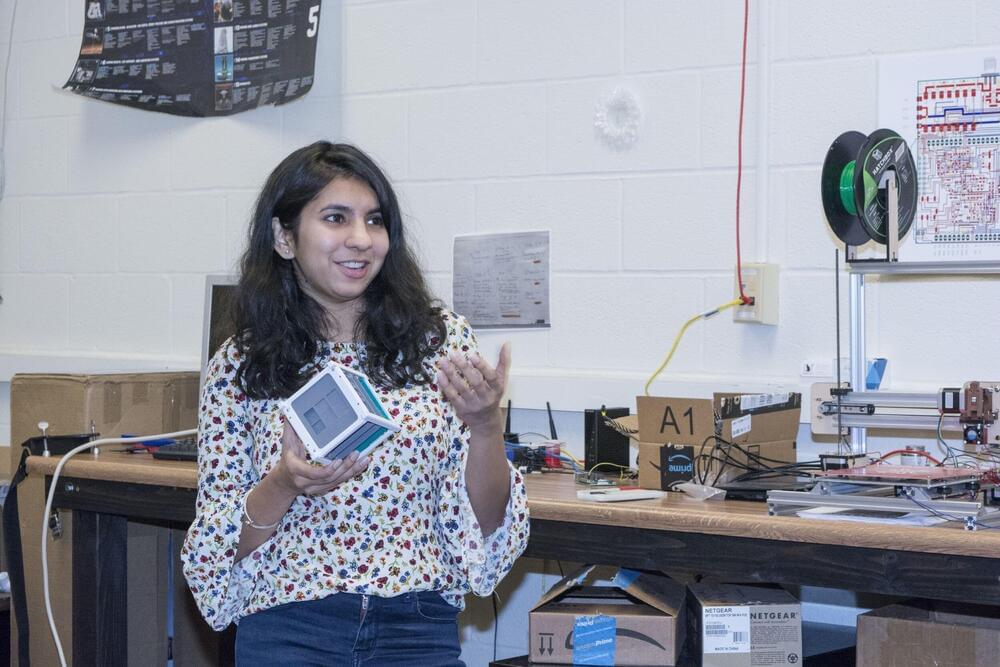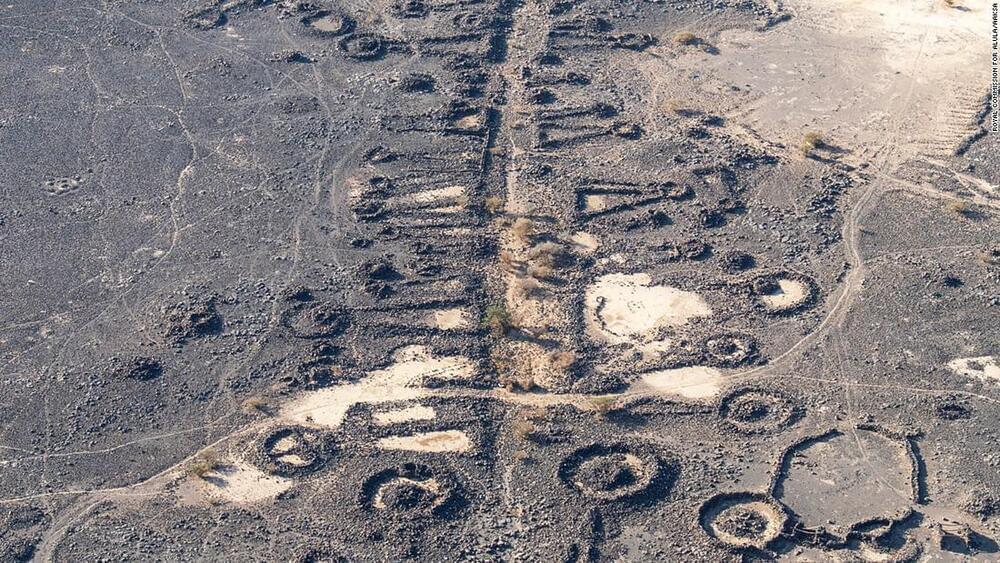Jan 26, 2022
Out-of-control SpaceX rocket will smash into the moon in weeks
Posted by Jeffrey L. Lee in categories: climatology, satellites
A SpaceX rocket that launched nearly seven years ago is now on course to crash into the moon, astronomers have predicted.
The Falcon 9 booster was launched in February 2015 as part of a mission to send a climate observation satellite 930,000 miles (1.5 million kilometers) from Earth, but since running out of fuel, the 4.4-ton (4 metric tons) rocket has been hurtling around space in a chaotic orbit.
The rocket is now expected to hit the far side of the moon while traveling at a blistering speed of 5,771 mph (9,288 km/h) on March 4, 2022, according to Bill Gray, the developer of software that tracks near-Earth objects.
Continue reading “Out-of-control SpaceX rocket will smash into the moon in weeks” »
